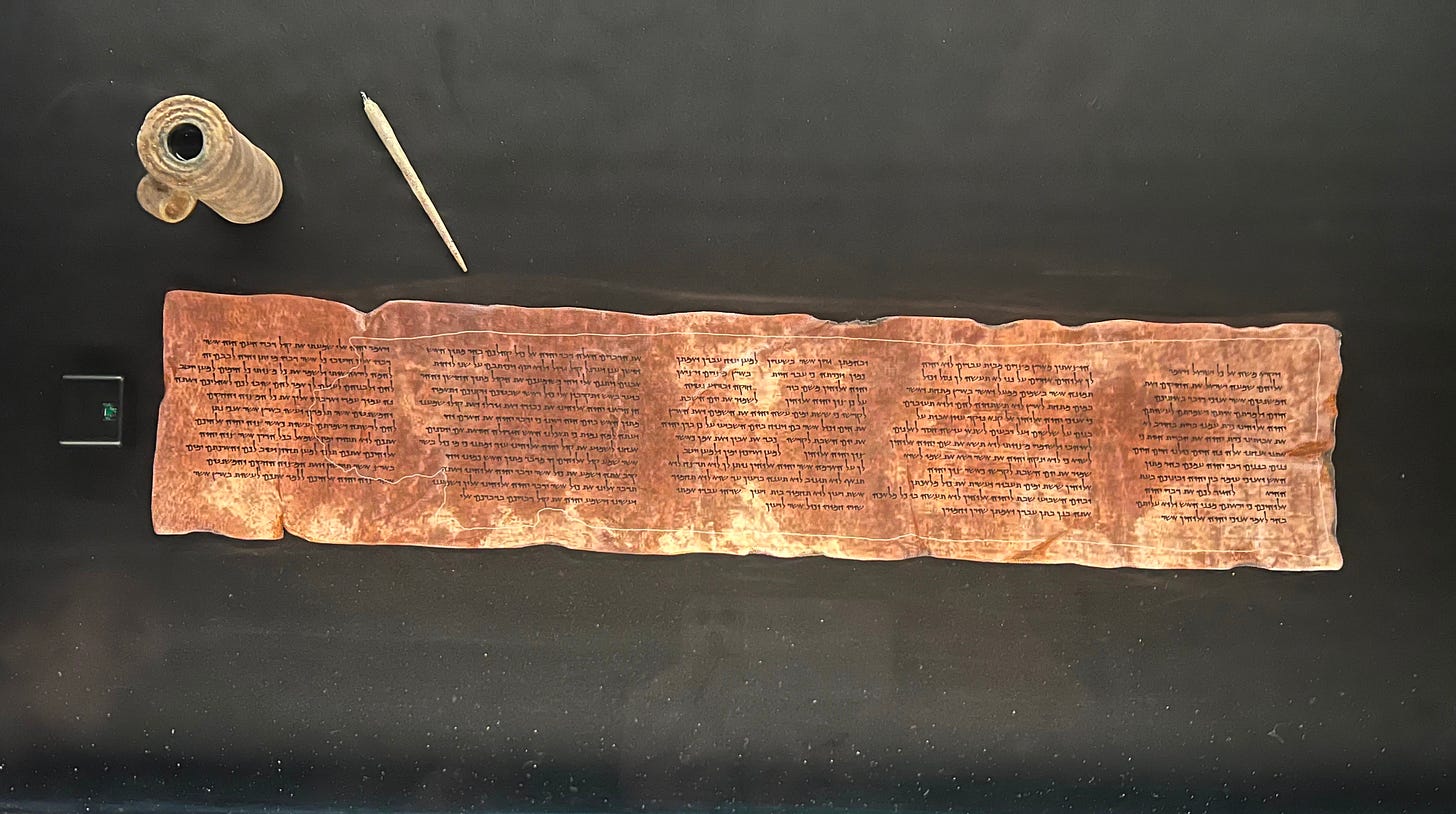Holding Fast in Tumultuous Times
A New Commentary on Isaiah, the 5th Gospel: (Part 2)
My first glimpse of Los Angeles was by plane. Cheryl, our oldest son, Lucas, and I flew across the city as the sun was setting. The streetlights were beginning their evening watch. But there was still enough light to see the Hollywood sign and the Griffith Park Observatory and trace…



